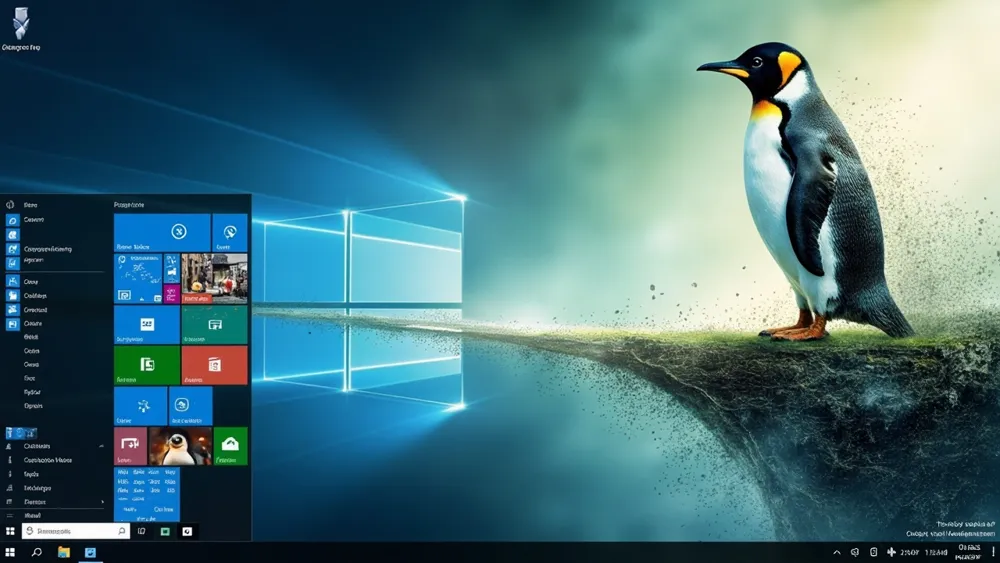Denmark's Digital Ministry Moves from Microsoft to Linux

The recent decision by the Danish Digital Ministry to fully transition to Linux and LibreOffice marks a pivotal moment in the tech landscape, specifically aligning with the increasing demand for digital sovereignty and the push toward open-source solutions. This bold move not only signifies a breakaway from Microsoft’s entrenched position within government infrastructure but also showcases a growing recognition of the need for autonomy in tech stacks used by public institutions. As governments globally grapple with the implications of software dependence on major corporations, Denmark’s shift could inspire similar dynamics in the public sectors of other countries, catalyzing a broader movement toward open-source adoption.
The transition highlights significant technological advancements within the realm of open-source software, addressing issues such as cost efficiency, security, and vendor lock-in. With Linux systems known for their robustness and LibreOffice providing a capable alternative to Office 365, the Danish initiative taps into a technology ecosystem that encourages community-driven innovation and customization. The implications could potentially disrupt current market paradigms where a few giants dominate. However, this evolution does not come without its challenges. The shift demands not only a culture change within the ministry but also a comprehensive training to ensure that staff can adapt efficiently to the new systems. It raises the question of whether the full transition can be executed seamlessly or if there will be significant operational hurdles.
In conclusion, the Danish Digital Ministry's move towards Linux and LibreOffice represents more than just a technical upgrade; it signifies a crucial step towards reducing dependency on a limited number of software vendors. As public sectors worldwide analyze this change, IT leaders and policymakers must consider their own software strategies and potential shifts in digital framework. How will this pivot resonate across the EU and other regions seeking to leverage open-source solutions as a means of promoting autonomy? As the industry progresses towards a landscape where open-source software gains traction amidst increasing concerns over privacy and data lock-in, this initiative by Denmark could be a harbinger for substantial shifts in software utilization across the globe.
Read These Next

Nintendo Switch 2 Becomes Japan's Fastest Selling Console
Nintendo's Switch 2 has set a new record in Japan for fastest sales, indicating strong consumer demand and engagement.

Financial Impact of Trade Tensions on PDD Holdings and Global Commerce
This article explores the significant profit drop for PDD Holdings as a reflection of trade tensions and changing consumer behavior, connecting corporate challenges to broader economic trends.

Decoding Mendel: Genetic Secrets of Peas Revealed
This article explores how a recent study has decoded the genetic basis behind Mendel's experiments with peas, bridging historical insights with modern agricultural applications.
